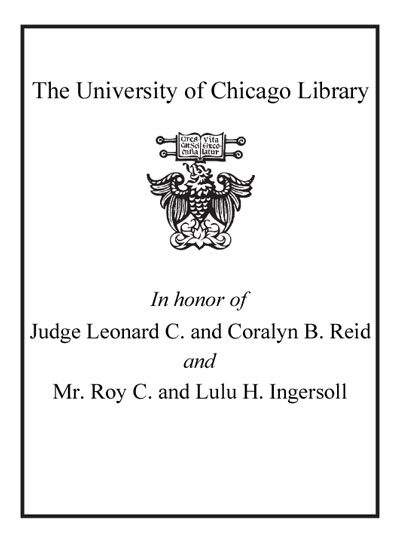Review by Publisher's Weekly Review
Neoconservatives have formed the first successful American political movement of the 21st century, and this anthology takes a needed step toward identifying the ideas, most of them at least 20 years old, that can be loosely identified as their platform. Though Stelzer, a former American Enterprise Institute resident scholar, points to a diversity of neocon positions in his introduction, most would probably agree with the contributor who considers democracy "a framework to protect, and be protected by, a moral ethos," a belief shaping many of the views on foreign policy found here. Many of the names are familiar: Kristol, Kirkpatrick, Rice, Thatcher, Will, James Q. Wilson. George L. Kelling's famous "Broken Windows" essay (1982), which re-envisions police forces as a means of preserving social order before crime breaks out, is absorbed into the neocon canon in a prominent example of Stelzer's historical reach. The anthology's more significant achievement, however, may be in its presentation of lesser-known views on domestic policy, such as a relative lack of concern over federal deficits. Whether David Brooks and Tony Blair can genuinely be viewed as belonging here may be open to question. Some contributors defensively downplay the movement's influence, while others dwell repeatedly on fringe accusations of neoconservatism's alleged roots in a pro-Israeli cabal. The prevailing tone throughout, though, is one of cautious optimism. (Jan.) (c) Copyright PWxyz, LLC. All rights reserved
(c) Copyright PWxyz, LLC. All rights reserved
Review by Library Journal Review
The significance of the "neo-conservative persuasion," as Irving Kristol has described the political thinking discussed here, should not be underestimated. Key figures in the Bush administration, particularly those in the areas of foreign and defense policy, are among its adherents. Thus, any citizen who seeks to gain a fuller understanding of the philosophical roots of neo-conservatism and how it is currently applied to a range of policy areas should read this book. Stelzer, a senior fellow at the Hudson Institute, has gathered a fine collection of essays that reflect the breadth and depth of neo-conservative thought. Among the contributors are academics James Q. Wilson, Robert Kagan, and both Kristol (the father of neo-conservatism) and his son, William Kristol, a former academic who now edits the Weekly Standard; journalists David Brooks, Charles Krauthammer, and George Will, and former and current political figures such as Jeane Kirkpatrick and Condoleeza Rice. The essays are informative and challenging and, taken as a whole, present a reasonably complete portrait of the neo-conservative approach. Recommended for all libraries.-Thomas J. Baldino, Wilkes Univ., Wilkes-Barre, PA (c) Copyright 2010. Library Journals LLC, a wholly owned subsidiary of Media Source, Inc. No redistribution permitted.
(c) Copyright Library Journals LLC, a wholly owned subsidiary of Media Source, Inc. No redistribution permitted.
Review by Publisher's Weekly Review
Review by Library Journal Review

